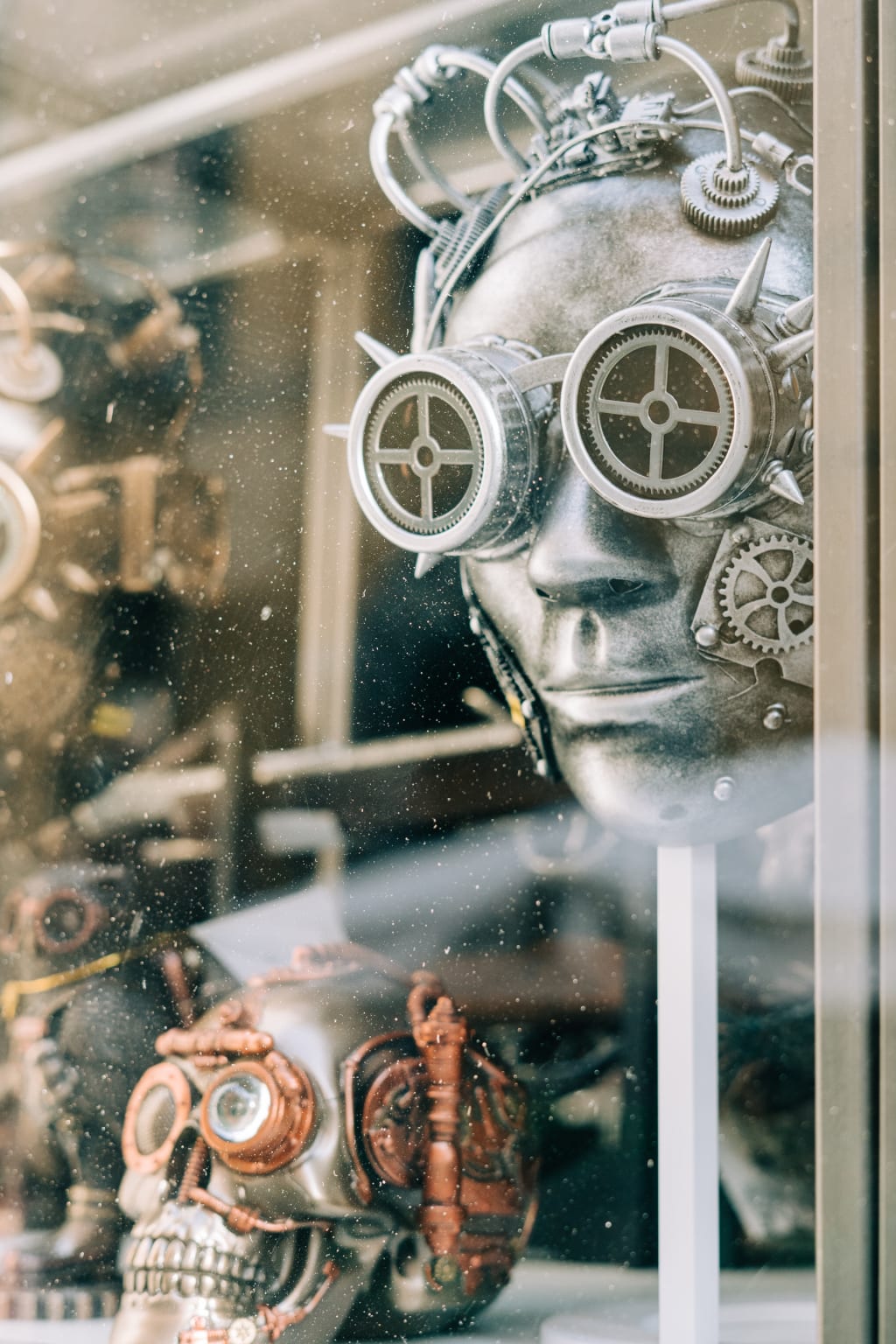AI, Keanu Reeves and The Matrix
The actor is bringing Neo to life against AI

Keanu Reeves has strong views about artificial intelligence and deepfake videos. Machine learning algorithms can be applied to people's faces and voices to recreate them digitally and that's a worry for actors and other public figures, such as politicians. It's got many people worried.
US House Speaker Nancy Pelosi suffered from a video circulated online that was slowed down, making it look like she was intoxicated.
Just slowed down, but now it's become much, much worse. (credit youtube.com/seeprogress/facebook.com/politicswatchdog)
The AI technology is shockingly powerful and its application can be disgusting and illegal in the case of deepfake pornography.
But actors such as Reeves are concerned that they may lose control of their own digital identity.
In an interview with Wired, Reeves said:
What's frustrating about that is you lose your agency. When you give a performance in a film, you know you're going to be edited, but you're participating in that. If you go into deepfake land, it has none of your points of view. That's scary. It's going to be interesting to see how humans deal with these technologies. They're having such cultural, sociological impacts, and the species is being studied. There's so much "data" on behaviors now. Technologies are finding places in our education, in our medicine, in our entertainment, in our politics, and how we war and how we work.
The Matrix and its sequels can be seen as frighteningly prescient. I've been a sci-fi fan all my long life and so much of what I read about many years ago is becoming real.
Yes, men on the moon, but what about chips in our brains, wifi to the internet? Did you read Neuromancer, Virtual Light and any other of William Gibson's books? He was the author who coined the word 'cyberspace' in his short story 'Burning Chrome'.
But before him there were many other - the likes of Robert Heinlein, Frank Herbert, Philip K. Dick and Arthur C. Clarke. And even earlier, the classics of John Wyndham and H.G. Wells. The latter two both focused on alien aspects of sci-fi, and less on technology - although Wells did describe alien machines.
So many of those technology visions have now come to life.
And then came The Matrix, when the story medium was film. And what an impact it had, an impact amplified, of course, by bleeding edge technology in its special effects.
It shocked me.
In the interview, Reeves also said:
I was trying to explain the plot of The Matrix to this 15-year-old once, and that the character I played was really fighting for what was real. And this young person was just like, "Who cares if it's real?" People are growing up with these tools: We're listening to music already that's made by AI in the style of Nirvana, there's NFT digital art. It's cool, like, "Look what the cute machines can make!" But there's a corporatocracy behind it that's looking to control those things. Culturally, socially, we're gonna be confronted by the value of real, or the nonvalue. And then what's going to be pushed on us? What's going to be presented to us?
'Who cares if it's real?' the 15-year-old said.
That's frightening.
The tools
There's a growing market in deepfake AI tools and Reeves is rightly concerned.
Another concern is that deepfake videos can be used by the likes of Russia to destabilise other countries and influence political and public perceptions. It's happening today.
And yes, Ukraine probably does it too. And many other countries. It's cheap weaponry.
Conversely, there's a growing market for deepfake detection tools, capable of analysing videos, images and audio files.
Detection tools analyse the way a person moves or look for things such as the machine-learning process's digital signatures that created the deepfake.
But last summer, an online detector suggested a genuine video of a senior politician in Myanmar, apparently confessing to corruption - debate remains over whether it was a real statement or a forced confession - was a deepfake. - BBC
Even the mark 1 eyeball can do a reasonable job of deepfake detection, but that ability will slowly erode as AI improves.
Conclusion
Deepfakes are all around us - in film, music and art - and, probably coming soon AI will fake a classical novel. How about 'Flown with the Wind'?
Society is changing - and may even be re-designed and run by AI, as in The Matrix.
Keanu Reeves is right to be worried, but with people having the attitude of the 15-year-old - 'so what if it's not real?' then we may be doomed to slavery.
Can we stop it, with only 7 years to the AI singularity?
***
I also write techno-thrillers as well as about a frightening dystopian future.

About the Creator
James Marinero
I live on a boat and write as I sail slowly around the world. Follow me for a varied story diet: true stories, humor, tech, AI, travel, geopolitics and more. I also write techno thrillers, with six to my name. More of my stories on Medium






Comments
There are no comments for this story
Be the first to respond and start the conversation.